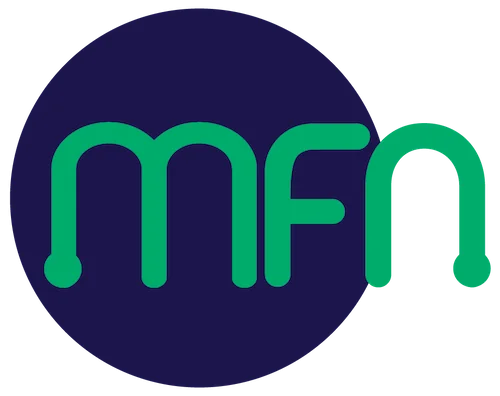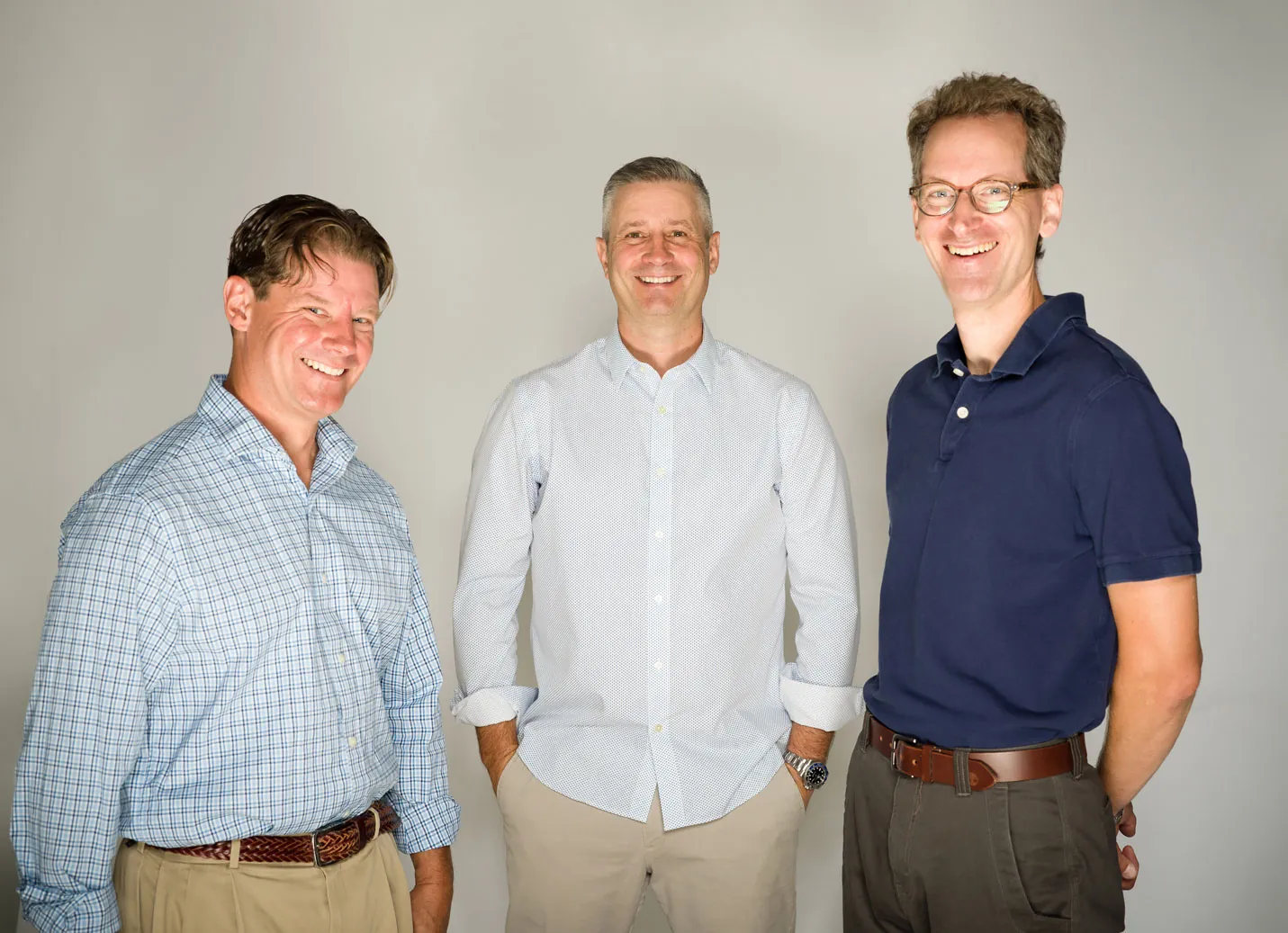The Essentials
- Thriving.ai is an online platform that works to support elders live independently by bringing together healthcare, social care, family caregivers, and other care professionals onto a single platform.
- The Massachusetts eHealth Institute at MassTech is helping fund Thriving.ai’s work with UMass Amherst Institute of Applied Life Sciences.
- Going through a Lever Challenge in 2020, then another in 2021, helped Khoja make connections and develop the app’s business approach.
Francesca Olsen is MFN’s Publisher and runs a communications consulting firm in Western MA.
Since competing in the Massachusetts Digital Health COVID-19 Recovery Challenge in 2021, Thriving.ai and its founder, Shainoor Khoja, have been busy.
“We’ve had to grow,” she said.
Thriving.ai is an online platform that works to support elders live independently by bringing together healthcare, social care, family caregivers, and other care professionals onto a single platform. The team that powers the platform has grown from three to nine, based in London, the United States, India, and Mexico. The product is undergoing extensive research and development in the U.S. and the United Kingdom. And Khoja is overseeing the work, traveling constantly between Cambridge, Mass., Northern Ireland, and London.
“We’ve had lots of opportunities to speak to different people, different stakeholders, where we’ve really fine-tuned who our first customer is on both sides of the pond,” Khoja said.
The Massachusetts eHealth Institute at MassTech is helping fund Thriving.ai’s work with UMass Amherst Institute of Applied Life Sciences (IALS), studying the potential of sensor technology to make pairing tech with the app simple and seamless. Smart sensors, bulbs, and plugs can track movements and actions, letting caregivers know when something looks off with an elder’s activity. “Part of that work is using the sensors to figure out monitoring, but it’s also to look at how to make this as easy as possible, so it’s plug and play in a scalable way,” Khoja said.
A further $50,000 grant from Lever’s Digital Health Sandbox Challenge win in 2021 is helping power the work with Mass General PnP to design integration of over-the-counter diagnostic sensors to support chronic disease in the community. Across the Atlantic, Thriving received a Catapult grant from Innovate UK and is piloting the app with the Northern Ireland National Health and Social Trust. Years ago, Thriving.ai concept-tested the initial version of the app with the U.K.’s National Health Service and will now work with another NHS partner to do further tech testing.
This story originally appeared as a Lever Innovator Profile. To read more profiles, visit www.leverinc.org.
“What we’re trying to understand in Northern Ireland is a case study for care coordination—using monitoring software that is human centered,” Khoja said. “This work will be combined together later on, designed for global use.”
Khoja is a British and Canadian citizen who has lived all over the world, including 15 years in Afghanistan. There, as Managing Director of Roshan Corporate Social Responsibility, she led projects that improved quality of life, including medical and dental clinics, improvements in technology, and supporting women in sustainable businesses. She was recently awarded the O-1 visa in the U.S., which is only granted to individuals who show extraordinary ability in the sciences, arts, education, business, or athletics.
Going through a Lever Challenge in 2020, then another in 2021, helped Khoja make connections and develop the app’s business approach. “The connection with Lever has been transformational,” she said. “I’ve done this work before, but not for this type of software. Going through the first accelerator program was interesting. Lever brings a strict discipline to it and helped us fine-tune our thinking and our value proposition.”
Those challenges also helped Khoja find new grant funding and enhance her network here in the U.S. Lever’s network of founders, funders, and experts is extensive, and its connections to state agencies like MassTech and MeHI end up introducing challenge finalists to people who can help them continue their work once a Challenge program concludes. “The ability to be connected with the right customer stakeholders was key,” Khoja said. “One connection led to another connection led to another connection.”



